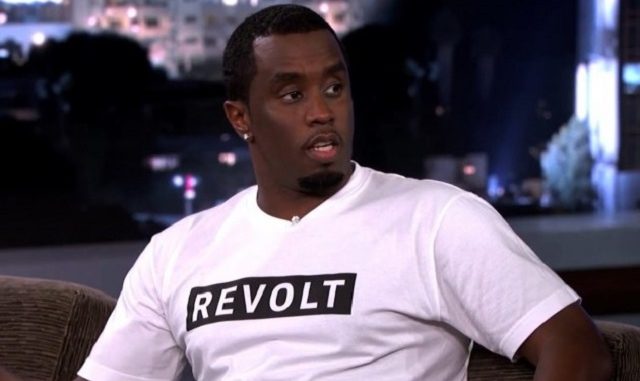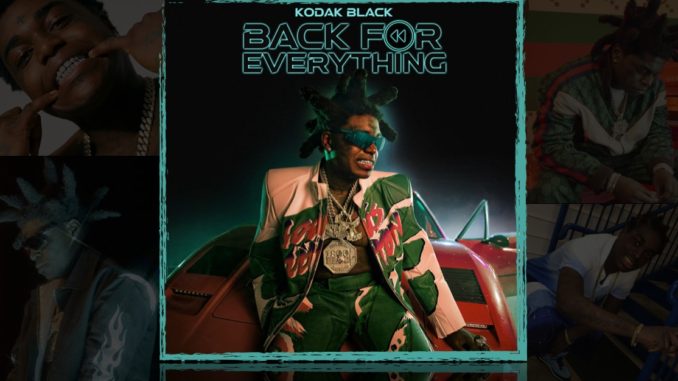
Music mogul and business entrepreneur Sean “Diddy” Combs released a statement Thursday (Nov. 21) negating a reference made by Comcast as a defense in Supreme Court that carrying his network REVOLT translates into an example of the media company spearheading economic inclusion and racial diversity.
Comcast is battling head of Entertainment Studios Byron Allen in the Supreme Court after being sued by Allen for $20 billion citing racial bias and discrimination when Comcast refused to carry Entertainment Studios’ channels.
“My name and my network, REVOLT, have been mentioned recently by Comcast in reference to the Comcast/Byron Allen US Supreme Court case as an example of Comcast’s inclusive practices with respect to African American owned cable networks,” said Combs in a statement.
Combs continued, “While it is true that we are in business with Comcast, it is not accurate to use my name or my network as an example of inclusion. I do not want my name to be used inaccurately so I must speak my truth. I also want to make clear that this case is now about much more than cable distribution. It’s about the civil rights of millions of African Americans and other minorities.”
According to Combs, although REVOLT is distributed by Comcast, the homegrown entertainment network has dealt with issues in obtaining an equal footing.
“Supporting diversity and economic inclusion requires a real partnership. The only way Black owned networks grow and thrive is with meaningful and consistent economic support. Otherwise they are set up to fail. REVOLT has never been in a position to truly compete on a fair playing field because it has not received the economic and distribution support necessary for real economic inclusion. Our relationship with Comcast is the illusion of economic inclusion.”
Allen’s attorneys cited a violation of the Civil Rights Act of 1866, an act that declared that “all persons born in the United States are declared citizens and granted full and equal benefit of all laws and proceedings for the security of person and property.”
The Supreme Court is analyzing whether Comcast’s decision to not work with Entertainment Studios was the result of discrimination being the sole cause or if it was a motivating factor. Comcast maintains that race was not a factor in their decision to not work with Allen’s company and seeks to have the appeal reversed.
The music hitmaker questioned Comcast’s motives. “How can Comcast suggest that it champions diversity and inclusion if it attacks the laws that provide the foundation for economic inclusion? What good are any of their efforts if they are fighting to make it harder for victims of discrimination to be heard in court? Comcast has made this about much more than Byron Allen, and now the civil rights of my children and my community are at stake. To be clear, anything that makes it harder to fight against discrimination is wrong. Comcast is choosing to be on the wrong side of history.”
Combs further explained that his experience with Comcast has been one plagued with lack of support and further development since the launch of REVOLT.
“Starting an independent cable network is incredibly difficult and capital intensive. The start we received from Comcast, which was a condition of the United States government approval for Comcast to acquire NBCUniversal, was important, but it is not the level of support needed to build a successful African American owned network. Not even close. Since that launch our relationship has not grown, and REVOLT is still not carried by Comcast in the most affordable packages nor is REVOLT available in all of the markets that would enable us to serve our target audience. Comcast spends billions of dollars on content networks every year, but just a few million go to African American owned networks like REVOLT. That is unacceptable.”



